Are your gut bugs making you gain weight?
By naturopath Margaret Jasinska
Your body weight is influenced by countless different factors. Losing or gaining weight depends on far more than just the calories you consume and the exercise you do. This is painfully obvious to our patients who struggle with their weight because of thyroid problems, liver problems or adrenal gland conditions.
Researchers are increasingly learning about the profound influence your gut bugs have over your metabolism and weight. The human gastrointestinal tract contains trillions of microorganisms. This is approximately ten times the number of cells that make up the entire human body. So microbes outnumber your own body’s cells by ten to one. There are more than 1000 different species of microbes that call your body their home, and the microbes in your gut weigh approximately one and a half kilos!
Most people have fairly similar types of bugs living in their gastrointestinal tract, although there are variations in the types and quantities of these bugs. These variations may hold clues to differences in weight and metabolic rate among individuals. The composition of your gut bugs also has a huge influence over your food preferences. If you have eaten sugary foods and refined carbohydrates, it encouraged the growth of sugar-loving, sugar-needing microbes in your gut. If you decide to cut out sugar and only stick with healthy foods, your microbes will protest. They can release substances that travel to your brain, giving you intense sugar cravings. They try to influence your behaviour for their own survival. Eating more protein and natural fat helps reduce sugar cravings, but it also helps to reduce levels of bad gut bugs. BactoClear capsules help to promote healthy digestive system function. If high levels of waste products secreted by bad gut bugs reach your liver, they can compromise its function and make it sluggish. The ingredients in LivaTone Plus capsules have been traditionally used in Western herbal medicine to promote natural detoxification processes.
A very interesting report was recently published in Open Forum Infections Diseases titled Weight gain after fecal microbiota transplantation. It described the case of a slim 32 year old woman who received a faecal transplant for a severe Clostridium difficile bowel infection and subsequently gained a large amount of weight without changing her diet.
Clostridium difficile can cause a very serious gut infection that is resistant to treatment with antibiotics. The most effective treatment for it is actually a faecal microbial transplant (FMT). This involves taking faecal material from a healthy donor and transplanting it into the colon of a patient suffering from the C. difficile infection. It’s actually a very effective treatment that has been used around the world for several years.
In this instance, 16 months after the woman received the FMT, she experienced a weight gain of 15 kilos. Her body mass index increased dramatically, going from 26 to 34.5. That means she became officially obese.
Dr. Colleen R Kelly, author of the case report, stated: “We’re questioning whether there was something in the fecal transplant, whether some of those “good bacteria” we transferred may have had an impact on her metabolism in a negative way.”
It’s a very interesting scenario. One explanation is that some species of bacteria are able to extract more calories from food that you consumed than other species. Antibiotics are used in the poultry industry to stimulate the chickens to gain weight more quickly. They achieve this by altering the composition of the gut bugs in the chickens’ intestines. The same phenomenon can occur in humans.
We have known for some time that the composition of gut bugs varies between slim people and obese people. Obese individuals have higher levels of one large class of bacteria called Firmicutes and smaller amounts of another large group called Bacteroidetes bacteria. The reverse is true for lean people. Bacteroidetes bacteria feed on polyphenol antioxidants found in tea, coffee, dark chocolate and brightly coloured foods like blueberries. Consuming more of these foods can help to promote their growth, which may have beneficial effects on your metabolism.
Weight loss and gain are complex issues and there is still much more to learn. Good gut health is so vital for overall wellbeing, and we are starting to see its significance in body weight and metabolism.


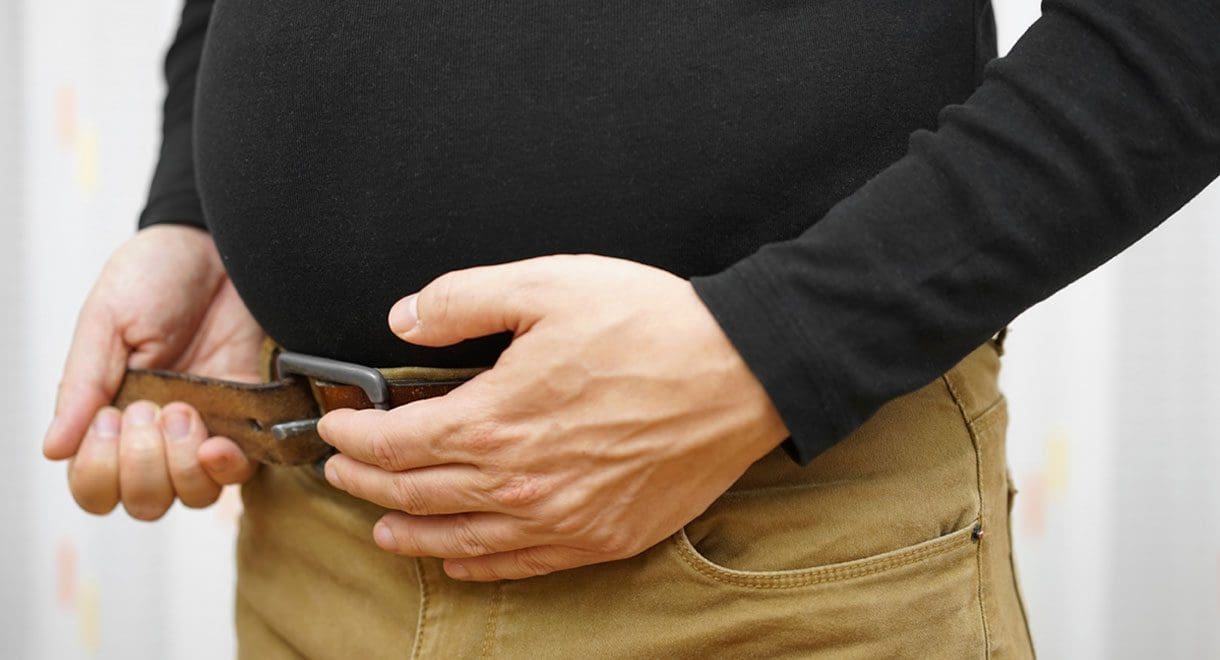


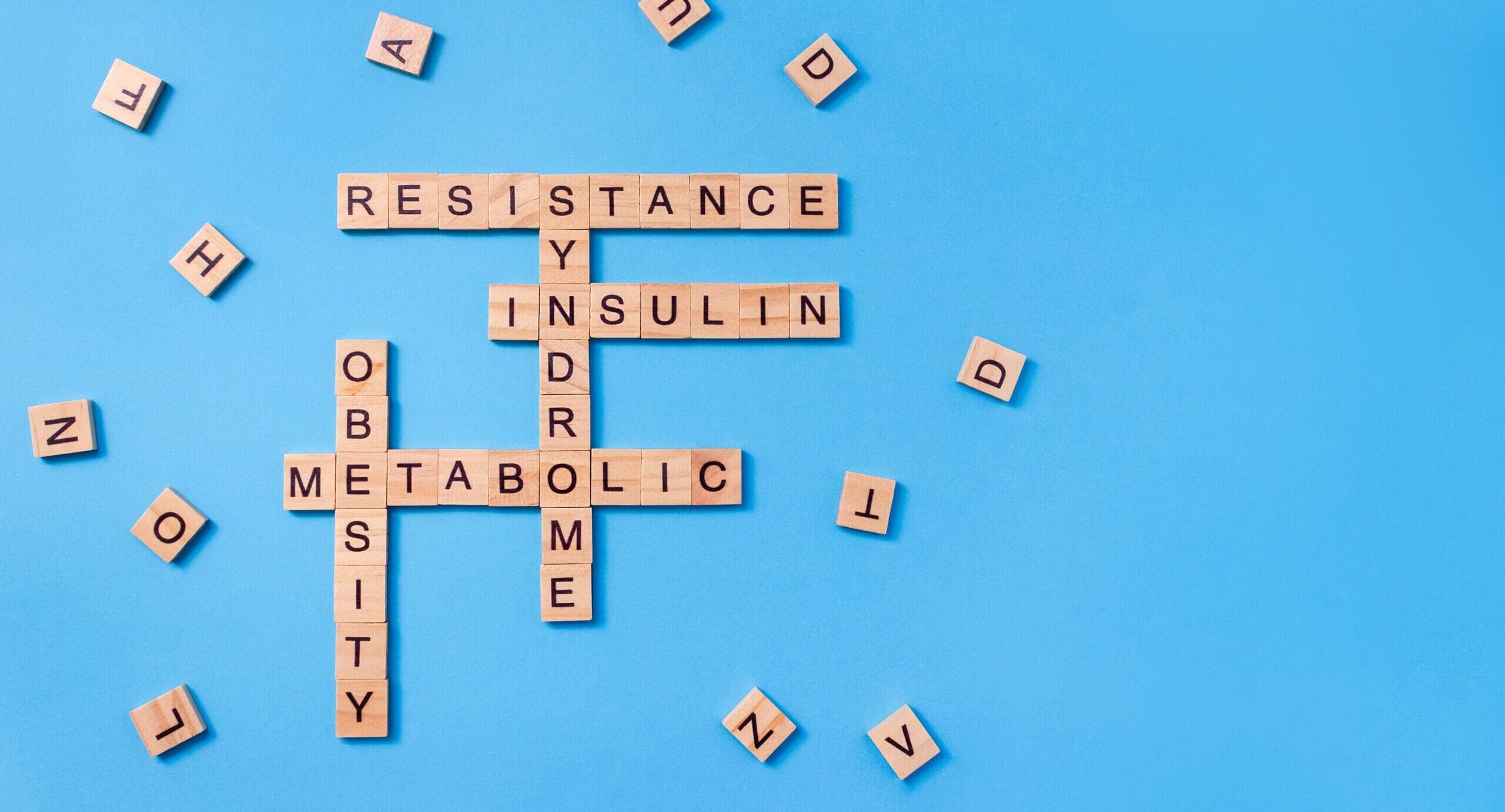
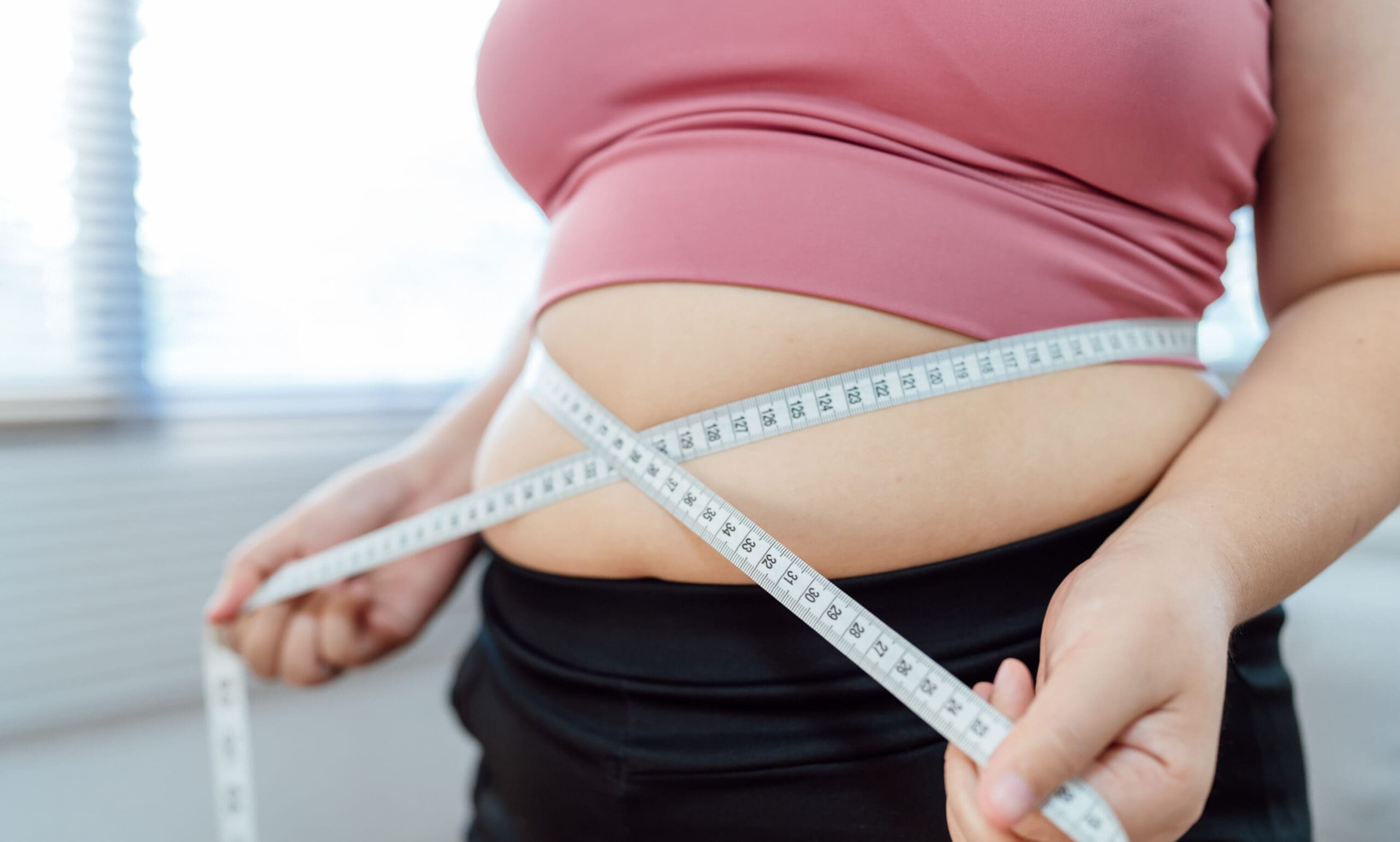
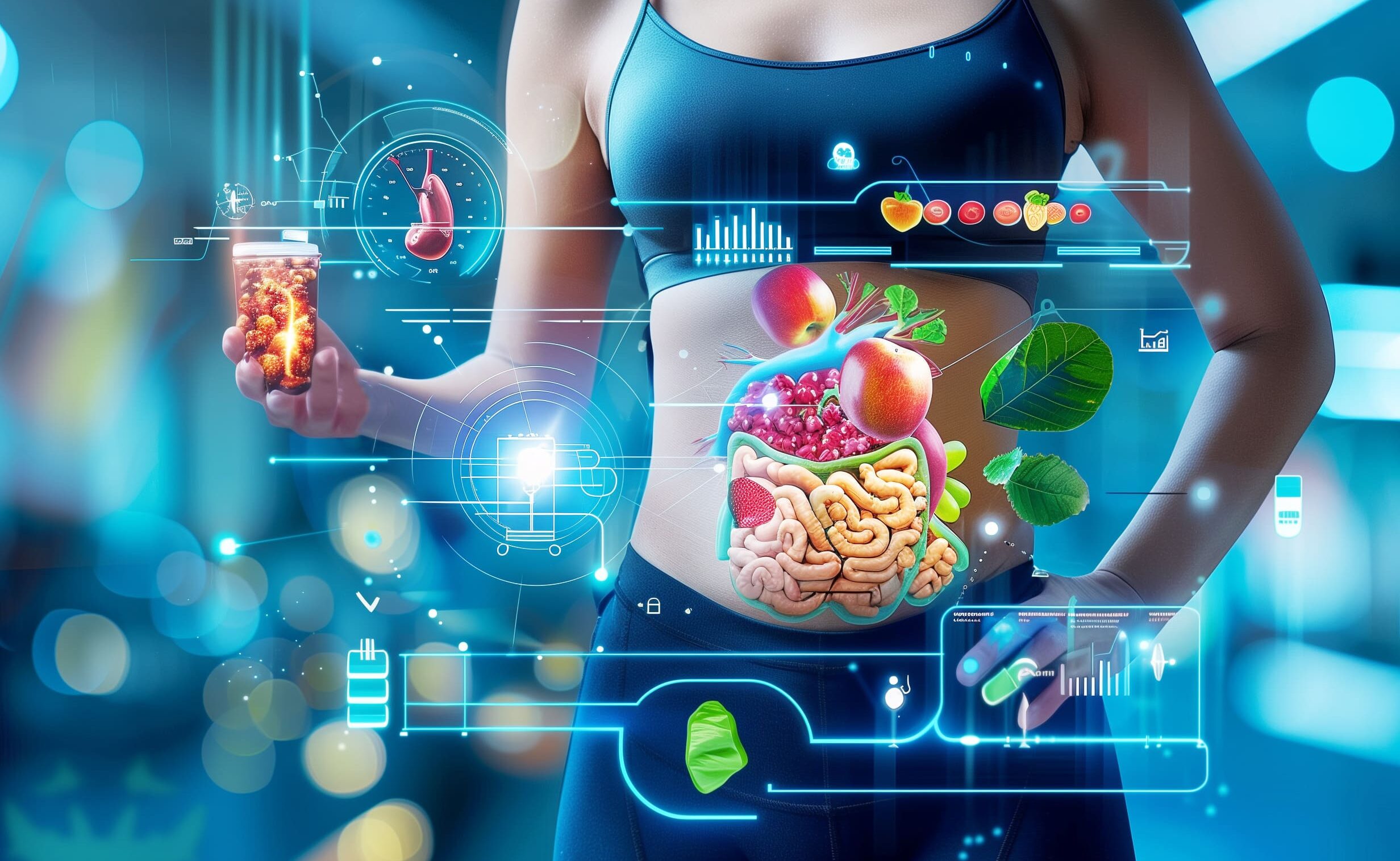
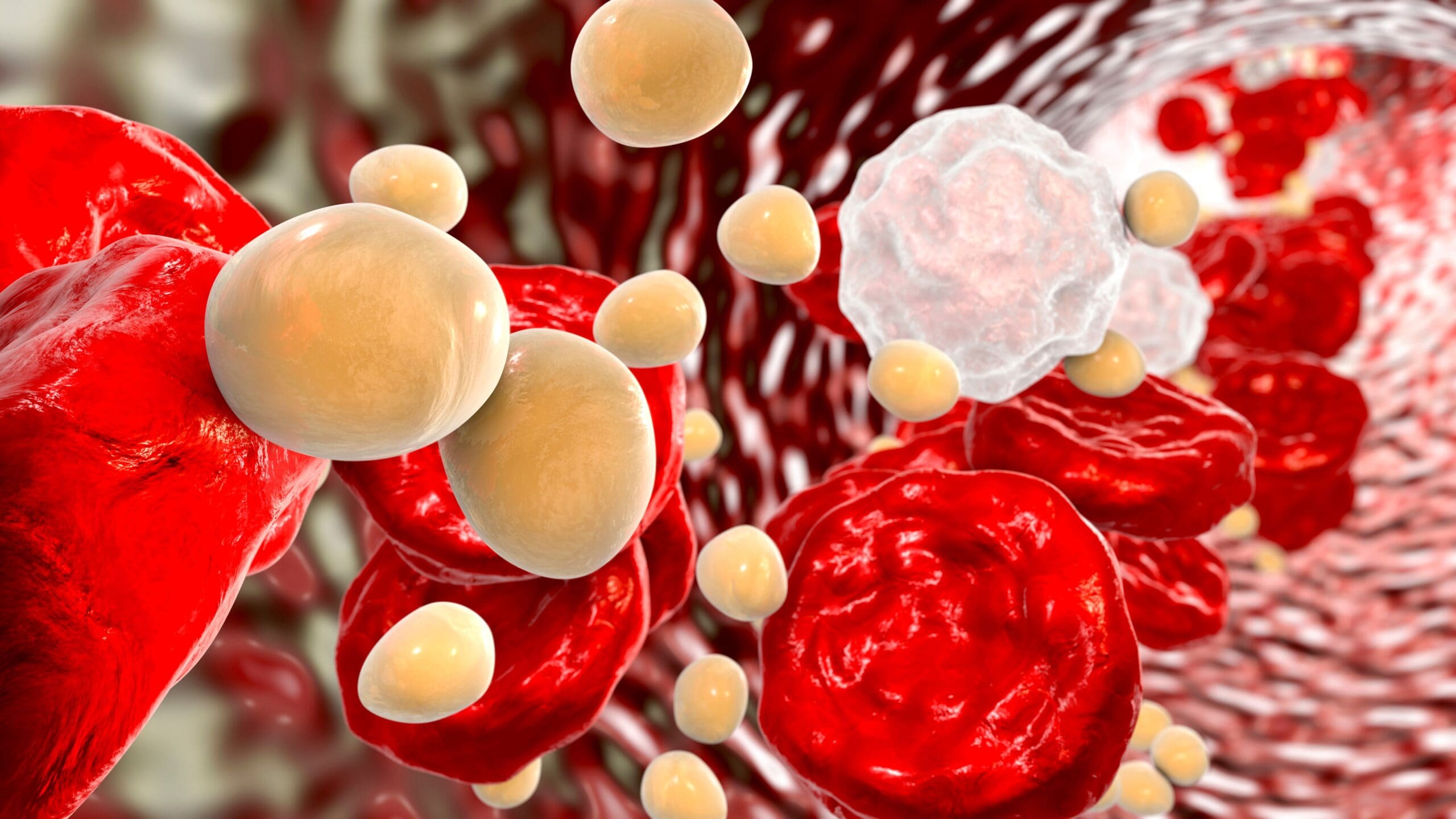
Interesting article. I’d be keen to know what influences significant streptococcus overgrowth within large / small intestine and how it can be managed.
Hi Shane,
Streptococcus requires glucose and fructose for its growth, so avoiding them in your diet for a period of time can be very helpful for reducing numbers.
Kind regards,
Margaret
Hi, a friend has (40) has had 3 very bad diverticulitis infections being hospitalised for each one being on intravenous antibiotics morphine & drip, Bowel problems run in the family but I’m worried that all the antibiotics etc have ruined any good gut health. Have you any suggestions on how to help. Thanks Lyn
Hi Lynda,
We have tips on managing diverticulitis in this article:
As your friend has taken so many antibiotics, we recommend taking the Ultimate Gut Health powder as well as a good probiotic to help repopulate the gut with good bugs.
Kind regards,
Louise